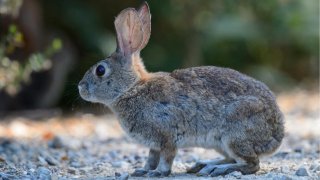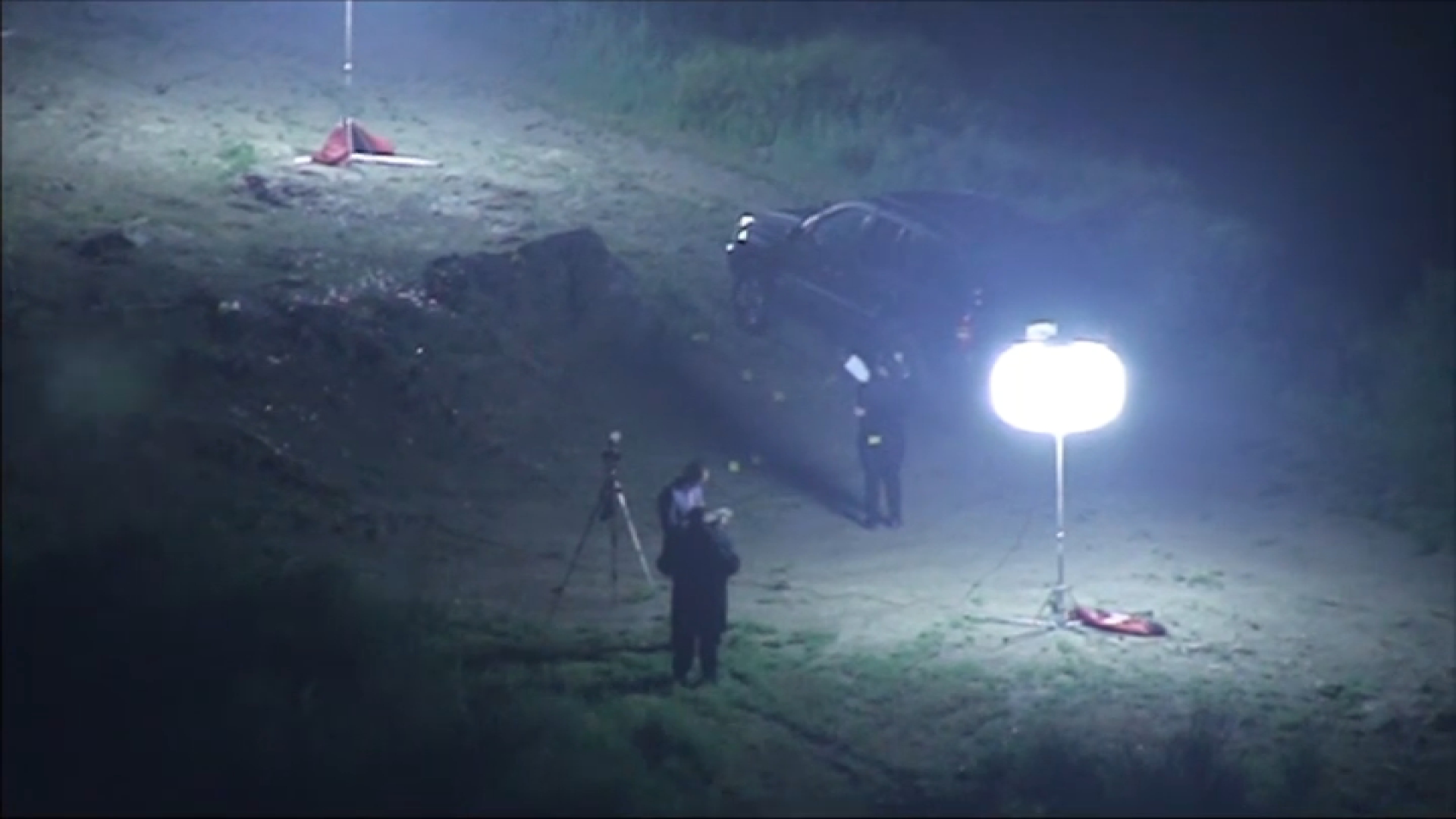
A deadly virus targeting domestic and wild rabbits has been detected for the first time in Los Angeles County, public health officials said.
Rabbit Hemorrhagic Disease (RHDV2) was found in wild rabbits in Littlerock in the Antelope Valley and Juniper Hills in the foothills of the San Gabriel Mountains, the Los Angeles County Department of Public Health announced on Aug 4.
The disease was detected in Palm Springs in May, later spreading to San Bernardino, Orange and San Diego counties, state wildlife officials said.
It had shown up in Mexico, and New Mexico, Colorado, Arizona and Texas before being found in a black-tailed jackrabbit carcass submitted from private property near Palm Springs in May -- its first sighting in California.
RHDV2 is not related to the novel coronavirus and does not affect humans or animals other than the lagomorph species, which includes all wild and domestic rabbits, hares and pikas.
Wildlife officials consider it a threat to local ecosystems due to its expected impact on predator species. Decreased wild rabbit populations will likely drive coyotes and raccoons into urban areas in search of food.
Owners of domestic rabbits are concerned about the virus because it carries a 90% mortality rate, and deaths are sudden and violent.
Local
Get Los Angeles's latest local news on crime, entertainment, weather, schools, COVID, cost of living and more. Here's your go-to source for today's LA news.
"Infected rabbits and jackrabbits may exhibit no symptoms leading up to their sudden death, or may suffer from fever, swelling, internal bleeding and liver necrosis," a statement from the California Department of Fish and Wildlife said.
All rabbit owners and veterinarians are being urged to learn about the virus and how to protect rabbits. A vaccine has been developed, and domestic rabbit owners are encouraged to contact their veterinarian for more information. A list of Southland veterinarians offering the vaccine can be found at www.larabbits.org/articles/rhdv2.
Officials have issued the following guidelines for those who own domestic rabbits or who come into contact with wild hares:
- House rabbits should remain inside at all times to minimize potential contact;
- Any sick or dead rabbits should be reported to state wildlife officials (https://wildlife.ca.gov/Conservation/Laboratories/Wildlife-Investigations/Monitoring/Mortality-Report) and should NOT be touched;
- Any unusual illness or sudden rabbit deaths should be reported to your veterinarian immediately;
- The virus is highly contagious, and can be spread by direct contact with infected animals and/or their urine/feces; can also be spread on contaminated objects, insects, etc., therefore good hygiene practices are necessary
- i.e. wash hands thoroughly before and after handling rabbits, thorough disinfection, leave shoes outside, insect control, etc.
- Know your hay/feed sources and if they are near areas affected by the outbreak;
- Keep dogs on a leash when outside so they don't interact with wild rabbits; consider having dogs wear booties when outside, or wash their paws before they come inside. Keep dogs and rabbits in separate areas of your home.
The California Department of Food and Agriculture issued a quarantine on May 12 in which "No rabbit, hare, or their product (meat, pelts, hides, carcasses, etc.) or equipment used to process rabbits may enter California from states or counties where RHD has been diagnosed within the previous year."



